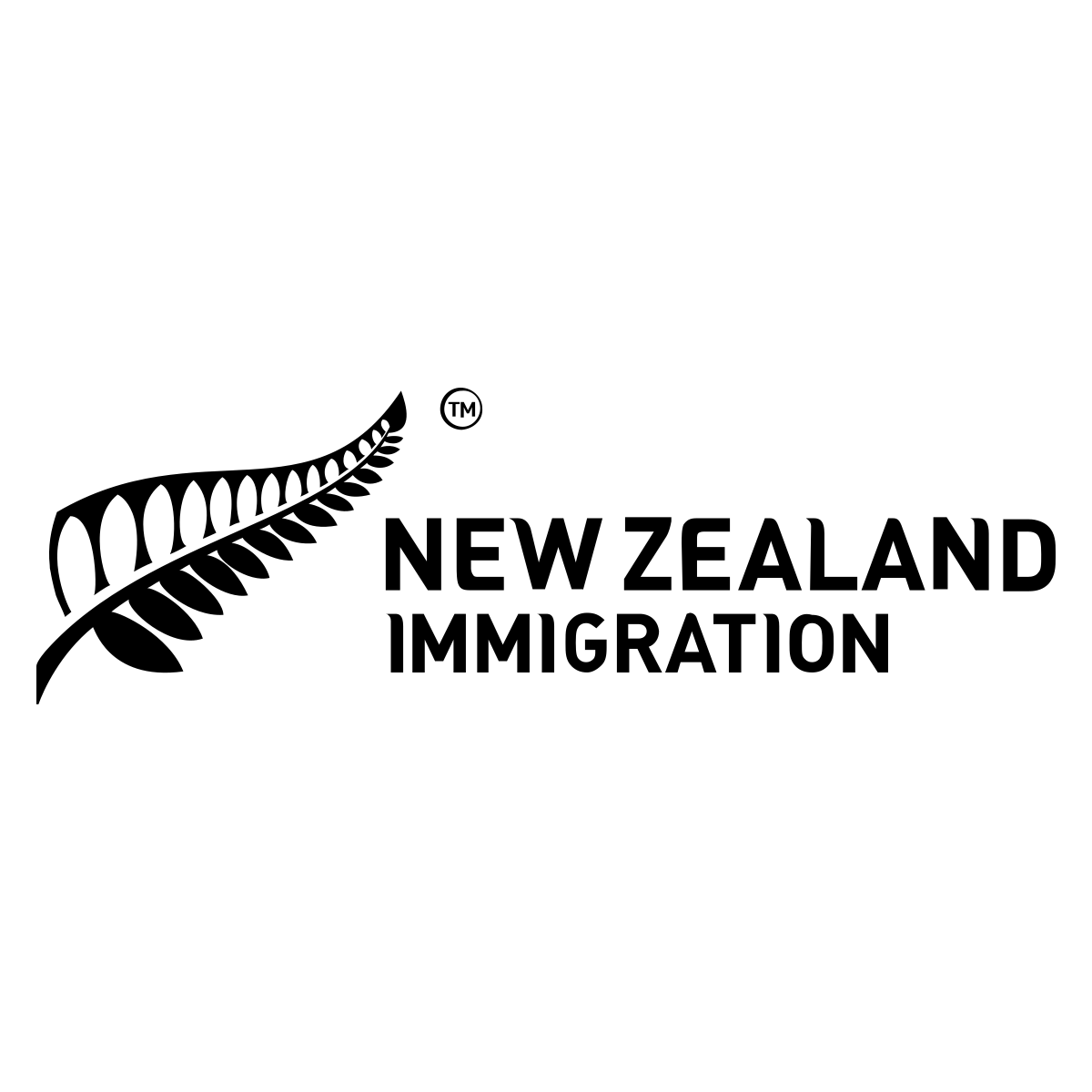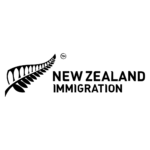This site is for information dissemination, and the content is sourced from New Zealadn Immigration website. For the accurate confirmation of the original content, please recheck through the following link.
Every year thousands of men, women and children are trafficked, according to the United Nations’ Office on Drugs and Crime, and almost every country in the world is affected by trafficking, whether as a country of origin, transit or destination for victims.
People trafficking is the process of limiting or controlling someone’s freedom of movement using coercion or deception, so they can be exploited. Types of exploitation could include forced labour, slavery and sexual exploitation.
“Many New Zealanders think people trafficking only happens overseas,” says Kylie Seumanu, Immigration New Zealand’s Head of Irregular Migration and Trafficking in Persons.
“But it happens here, and it happens to New Zealanders as well as migrants,’’ she says.
Today we mark the 10th World Day Against Trafficking in Persons, and share our mahi to prevent this complex and often-hidden crime.
MBIE works closely with a range of government and non-government partners both in New Zealand and internationally. This partnership approach recognises that prevention, detection and investigation, enforcement and compliance, and victim support and protection are critical to addressing all forms of trafficking in persons.
MBIE’s Immigration Compliance and Investigations branch actively investigates and advises on trafficking in persons cases along with other agencies, especially NZ Police and Oranga Tamariki, and recommended the certification of more than 16 victims of trafficking in the last year, says Jason Perry, National Manager, Investigations. Certification enables migrant victims of trafficking to access welfare support through the Ministry of Social Development, and publicly funded healthcare through the Ministry of Health.
This team are also delivering training to front-line government staff to both identify signs of people trafficking and enable escalation of suspected cases. More than 1000 MBIE and NZ Police staff have now received this training and it is compulsory for Police investigators working in this area.
Together with other agencies, MBIE is co-leading the development and redesign of a people trafficking awareness-raising resource for government and the community. Printed resources, translated into several languages, are planned for distribution to government buildings, transport hubs, and community centres.
The first government-run forum dedicated to trafficking in persons was held in Auckland in May 2024, with the Associate Minister of Immigration, Hon Casey Costello, as a guest speaker. The forum aimed to foster stronger engagement and partnerships with external stakeholders, including community groups, share knowledge and build greater understanding and awareness of prevention activities. Attendees recognised that the prevention and prosecution of trafficking in persons in New Zealand is in its infancy and awareness raising and further training for frontline officials is needed.
As the forum demonstrated, people trafficking requires a whole of government and community response.
“We need all New Zealanders to be alert to the signs that someone may be being trafficked and be proactive about raising concerns,” Ms Seumanu says. Some of the signs that a person may need help include: if they live at their place of work – look for locks on the outside of doors; have ‘rehearsed’ statements and stories and/or do not have money or any form of ID because their passport is being withheld.
Read more about how to recognise people trafficking and what to do if someone is being trafficked.
Read more about World Trafficking in Persons Day on the United Nations website.
World Day Against Trafficking in Persons — United Nations website



